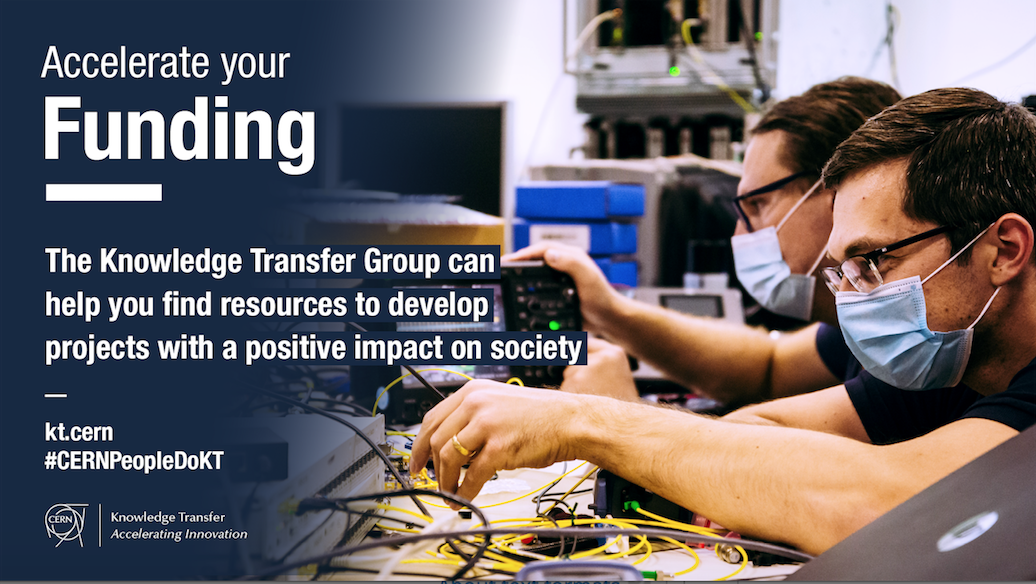Axel Naumann spearheads the development of one of CERN’s key digital tools, ROOT, which was originally designed for high-energy physics (HEP) and is now widely used in industry.
ROOT has been processing particle collision data since the time of the Large Electron–Positron Collider. What makes it stand out is its ability to detect anomalies in extremely vast datasets, and such anomalies may indicate new physics. This is just one feature that makes ROOT applicable beyond HEP. So far, ROOT has proven well suited to help protect commodity and financial markets from fraud, improve vaccine production, analyse large genomics datasets and improve aviation safety.
Naumann, a senior applied physicist in the Software Design for Experiments group (EP-SFT), collaborated closely with the Knowledge Transfer (KT) group to foster these applications. “We’ve always learned from our partners and vice versa, which allows the software to evolve.” This is particularly relevant given that ROOT is distributed under an open-source licence: “People can immediately contribute to and have an impact on the production of the code. This means that it can evolve to cover different needs.”
Collaborating with partners outside of HEP can also help Naumann and his team tap into additional resources for their work. “One of the earliest projects we had was with a potential start-up from the Norwegian University of Science and Technology (NTNU). The start-up needed to learn more about ROOT, and we agreed that someone from their team could come to CERN to code with us. After six months of working together, some of that code is still in production today. Through these exchanges, we gain a deeper understanding of the digital challenges that companies face and, with our expertise in data processing software, we are able to guide them on the best tools to use.”
Naumann sees this sharing of knowledge as inherent to CERN. “We are financed to do fundamental research and we should not forget that. Our job was not to invent the World Wide Web; it was to understand the nature of matter. However, it is always nice to be able to provide additional arguments for investing in fundamental science. We are financed by society. We should give back to society.”
Learn more about how to get involved in CERN’s Knowledge Transfer activities here.


